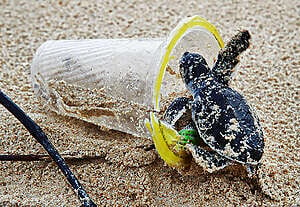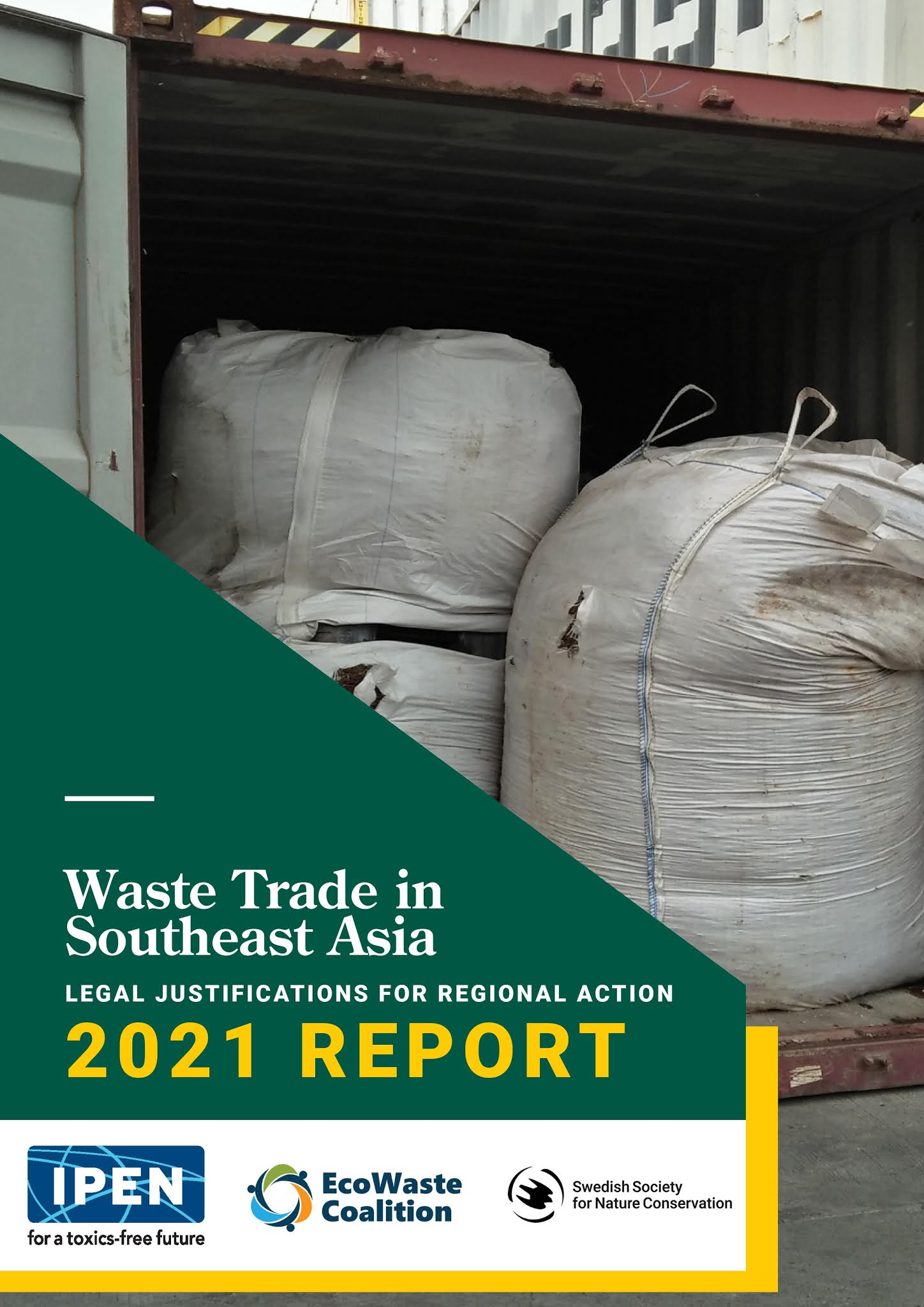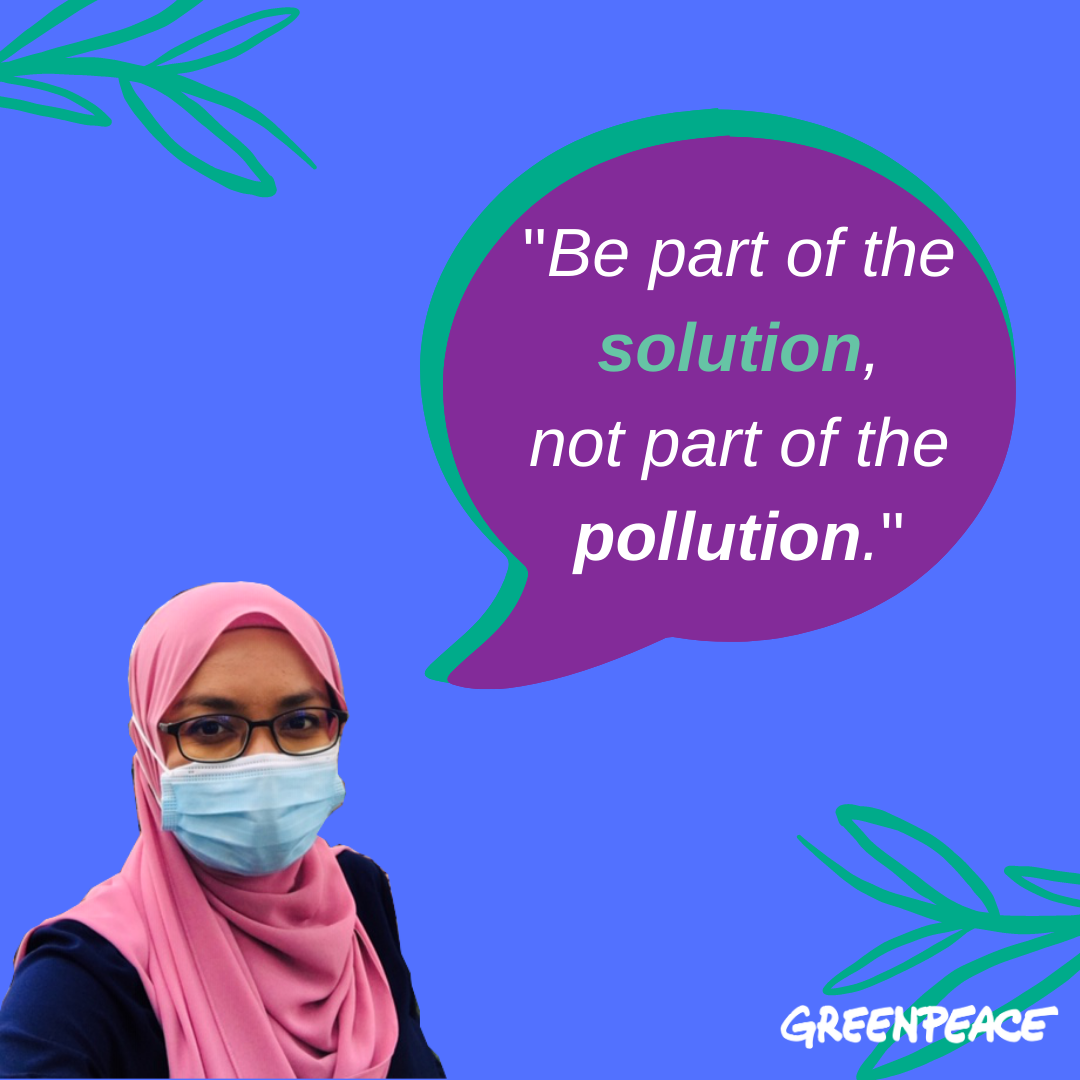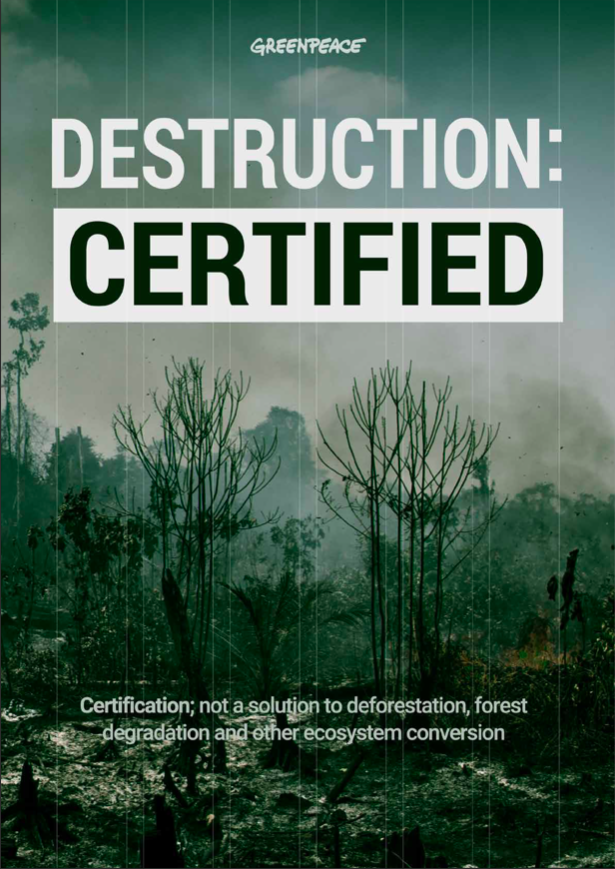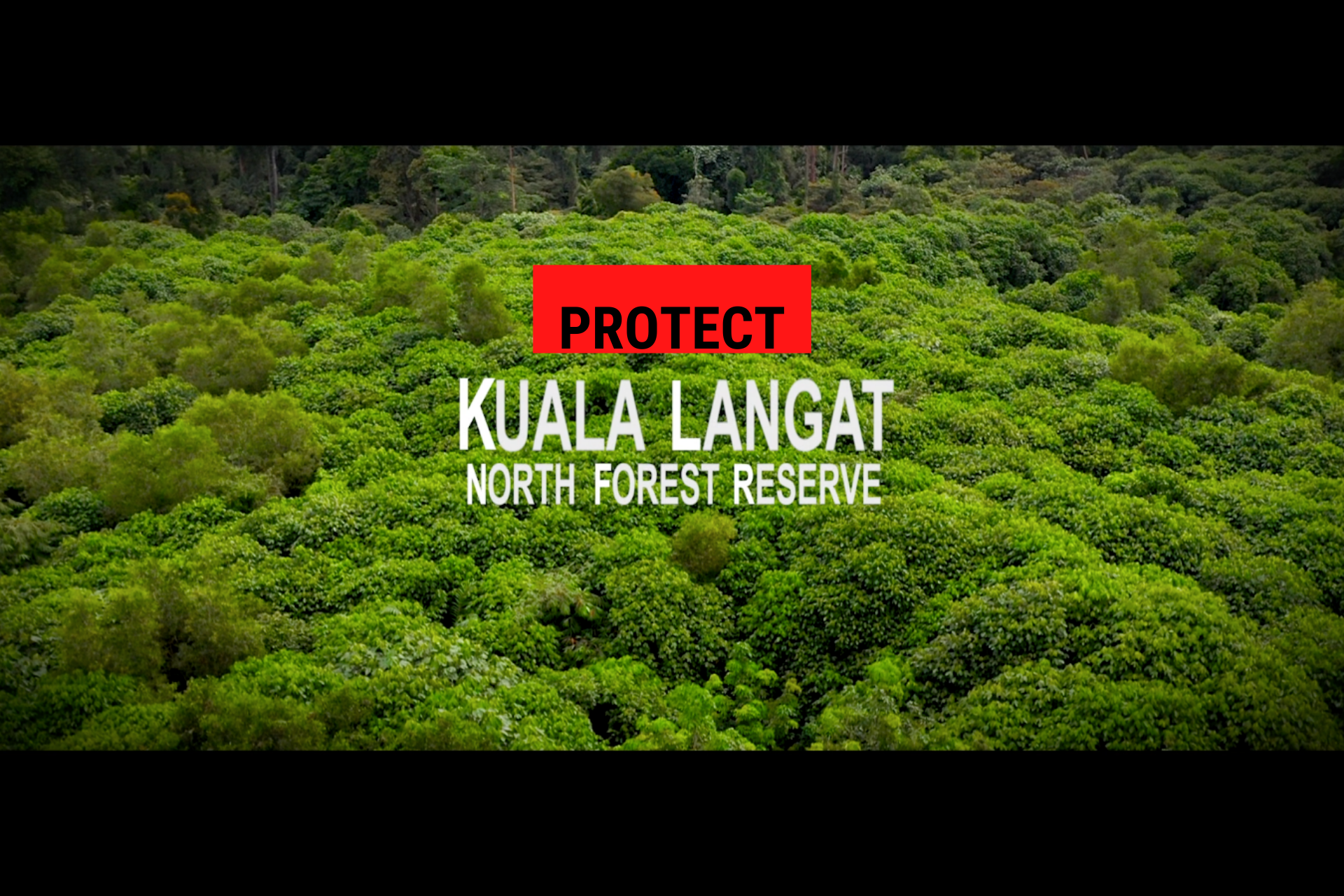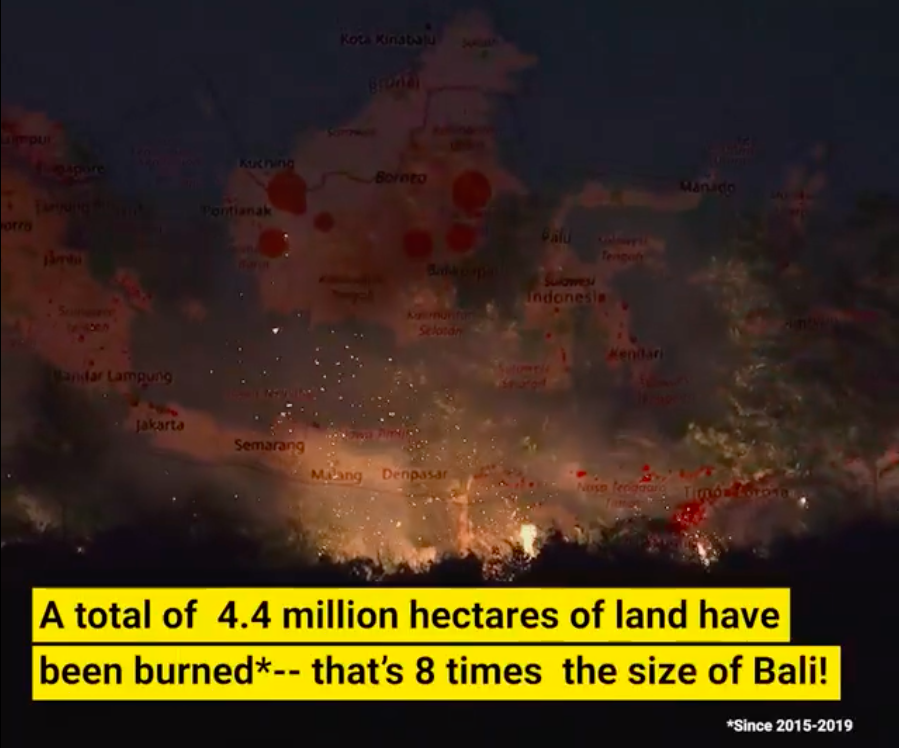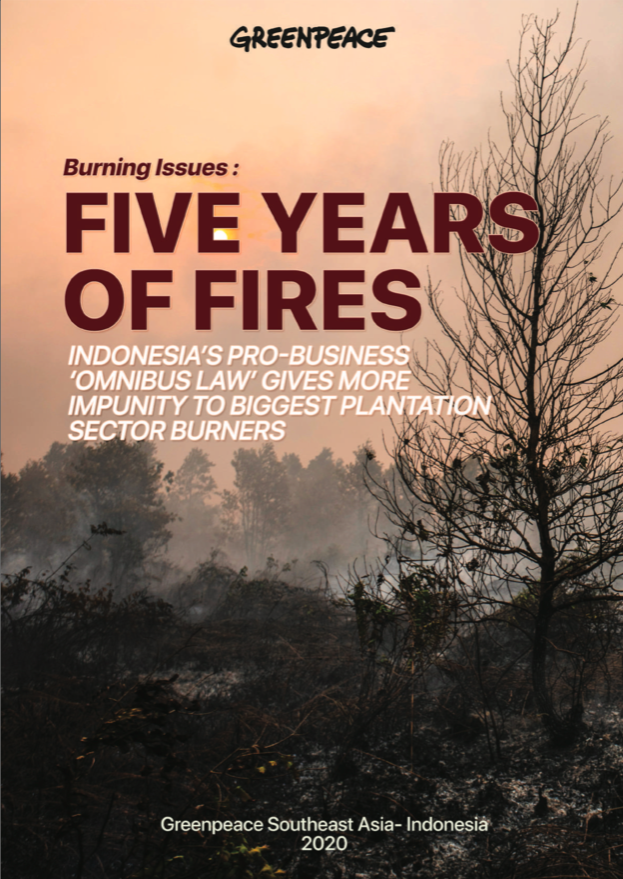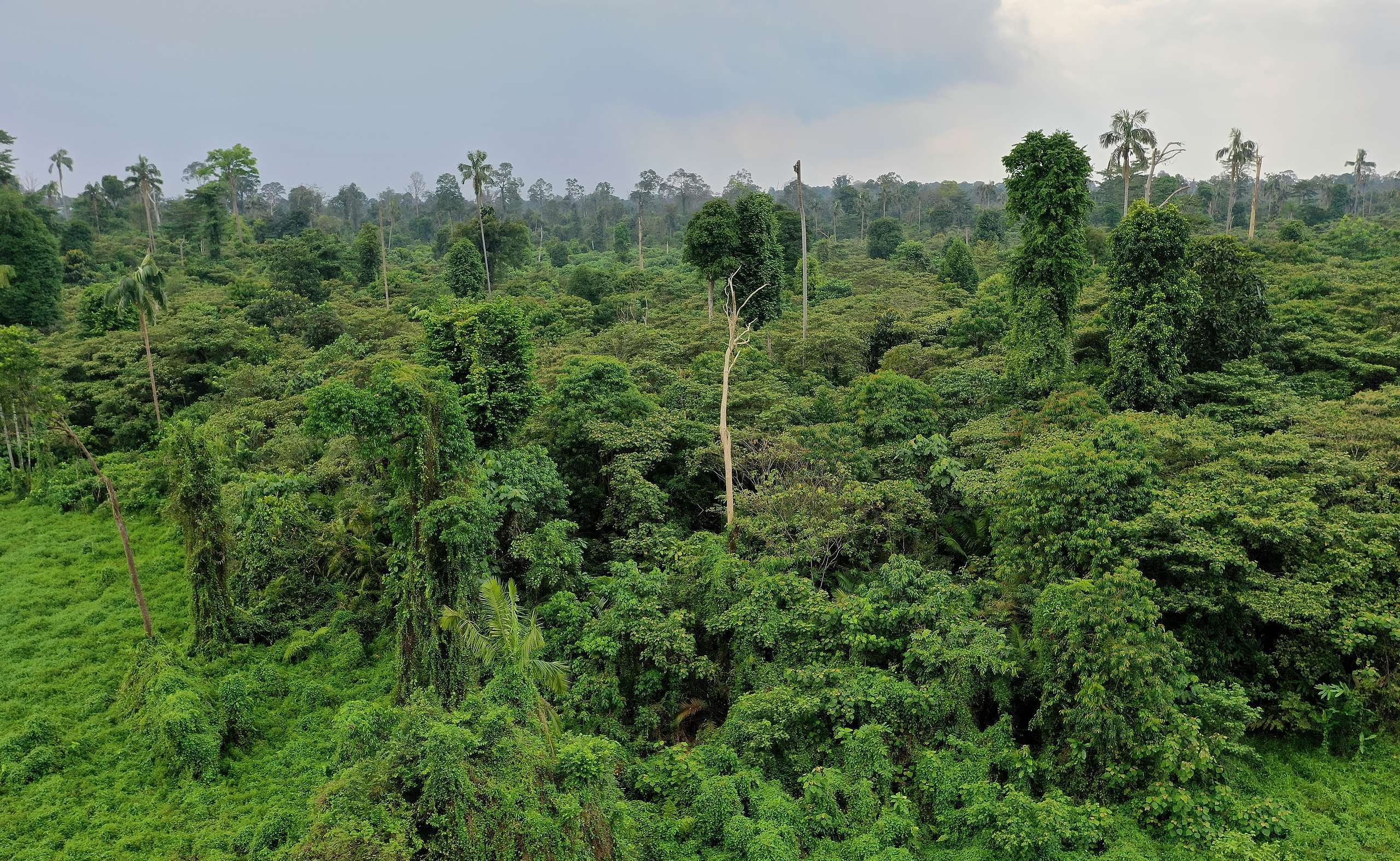All articles
-
Report proposes stronger ASEAN response to fight global waste dumping
Current legal and policy responses are not enough to stop the entry of illegal waste, and more importantly, are insufficient to protect the health of both people and the environment. ASEAN countries evidently need a unified and stronger response to waste trade.
-
Satellite images reveal global air pollution rebound 1 year after first Covid-19 lockdowns
Levels of toxic NO2 air pollution have rebounded in cities around the world one year after initial Covid-19 lockdowns went into effect.
-
Be a part of the solution, not part of the pollution.
Our recent discovery found a high concentration of heavy metals, namely lead (Pb) in the sediments of the Langat river in the location nearer to plastic waste recycling factories and other industries in Jenjarom.
-
Destruction: Certified
Certification is not a solution to deforestation, forest degradation and other ecosystem conversion. In this report, we show how certification on its own has not helped companies meet their 2020 commitments.
-
Segera Tarik Balik Cadangan Penyahwartaan Hutan Simpan Kuala Langat Utara
Gabungan Pertahankan Hutan Simpan Kuala Langat Utara (PHSKLU) medesak penarikan semula cadangan untuk penyahwartaan Hutan Simpan Kuala Langat Utara dengan segera.
-
Kuala Langat North Forest Reserve (KLNFR): Updates from the field
The Kuala Langat North Forest Reserve (KLNFR) degazettement issue started all the way back in February. Get a brief timeline and live updates on the issue.
-
Rakyat telah bersuara: Jangan Sentuh Hutan Simpan Kuala Langat Utara
We, representatives from various civil-society organisations, are writing to raise serious concerns related to the proposed development and de-gazettement of the Kuala Langat North Forest Reserve.
-
An area eight times the size of Bali has burned in Indonesia in the last five years, new Greenpeace report shows
Greenpeace Southeast Asia’s new report ‘Burning Issues: Five Years of Fire’ reveals that 4.4 million hectares of land in Indonesia – an area 8 times the size of Bali – have burned between 2015-2019.
-
Burning Issues: Five Years of Fire
The 2015 fire season in Indonesia was the worst in nearly two decades, with the blazes for almost a month emitting daily carbon emissions that exceeded those from the entire US economy.
-
Kuala Langat North Forest Reserve (KLNFR) De-gazettement
We, representatives from various civil-society organisations, are writing to raise serious concerns related to the proposed development and de-gazettement of the Kuala Langat North Forest Reserve.

